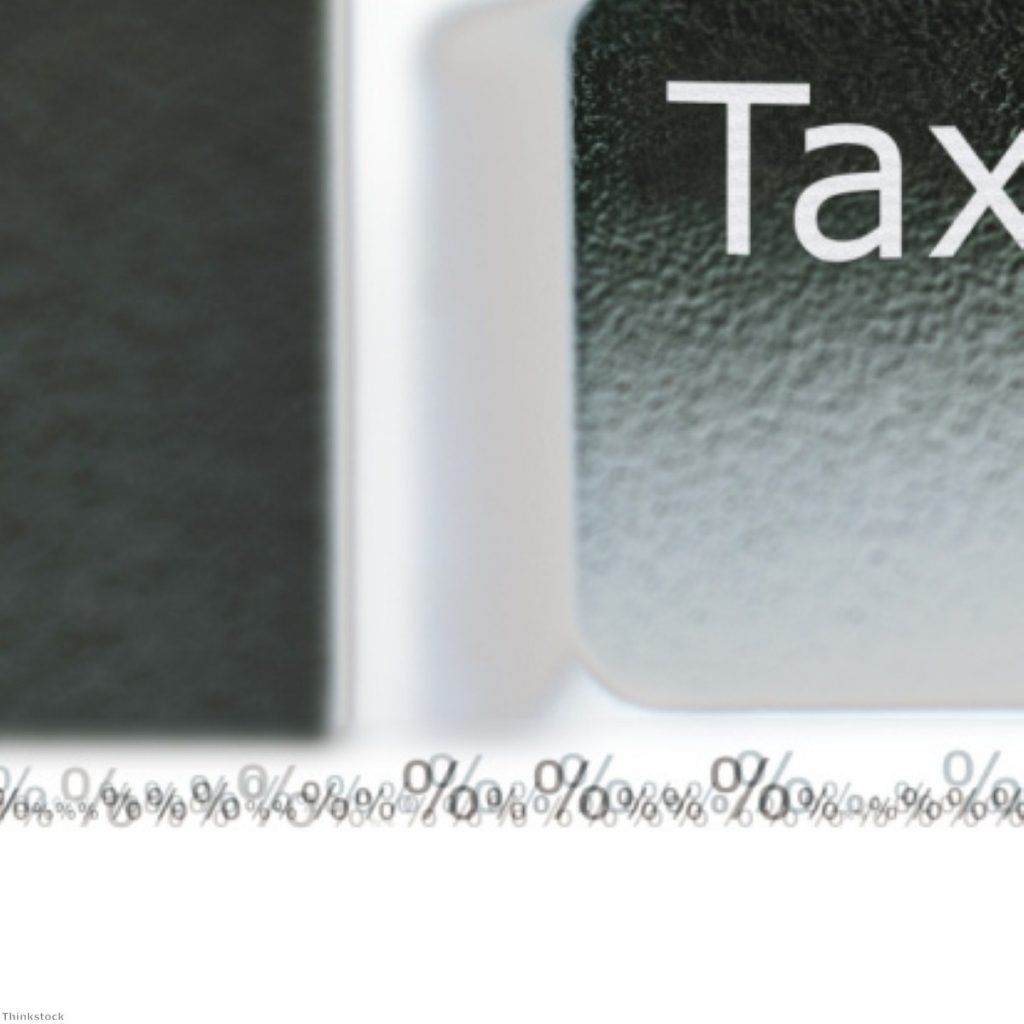Britain’s VAT ‘here to stay’
Britain’s new 20% rate of VAT is in line with many countries in Europe, a tax expert has pointed out.
John Whiting, tax policy director at the Chartered Institute of Taxation (CIOT), contrasted the new rate with Denmark’s 25% VAT rate after the decision announced in last year’s emergency Budget to raise VAT from 17.5% came into force on Tuesday.
The latest move, the first increase since the Major government hiked VAT to 17.5% in 1991, has been condemned as regressive by Labour, as the poorest see the greatest proportion of their income taxed as a result.


“The 20% rate seems to be with us to stay: it is far from out of line around Europe – indeed, it puts the UK in the middle of the pack,” Mr Whiting wrote in an analysis piece for politics.co.uk.
He pointed out that Jersey’s VAT rate is just three per cent, while Guernsey has not yet introduced it.
VAT will bring in an expected £81 billion this year, with an extra £12 billion expected as a result of the increase to 20%.
The tax, at its lowest for two years from 1977 at eight per cent, is now a major “moneyspinner” for the government, in the words of former chancellor Alistair Darling.
It is one of the ‘big three’ revenue-raisers for the Treasury, Mr Whiting pointed out, only surpassed by the £99 billion from national insurance and £144 billion from income tax.
“Governments the world over have become addicted to VAT. It is a simple and effective revenue raiser which virtually everyone pays,” Mr Whiting added.
“Another, more subtle, attraction of VAT to governments is that its administration is largely down to the trader – the taxman just checks what is going on.”
The issue has constituted the first big political debate of 2011, after chancellor George Osborne and Labour leader Ed Miliband trading blows over its practicality and the limited alternatives available.
Mr Whiting concluded: “What it really brings home is 2011 is a year of belt-tightening with VAT having to take its share of the strain.”












